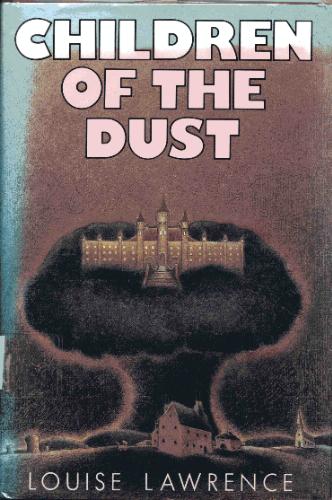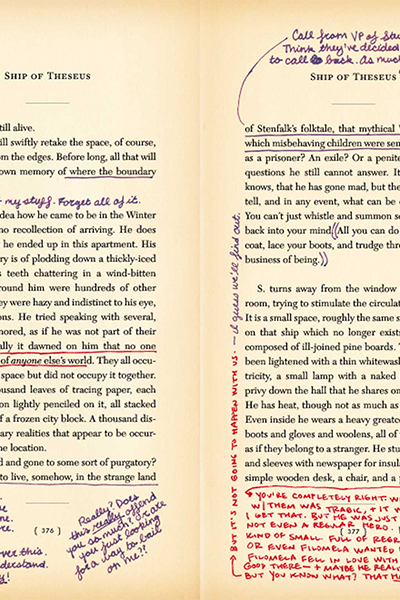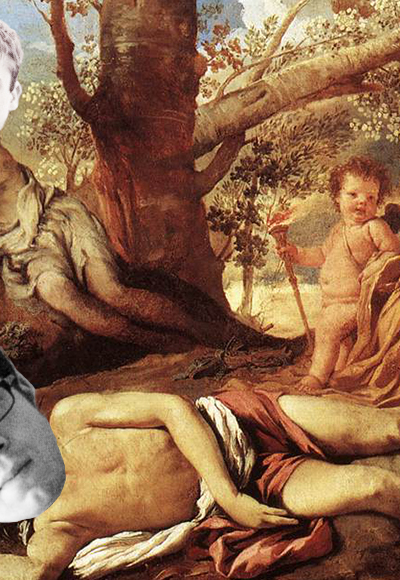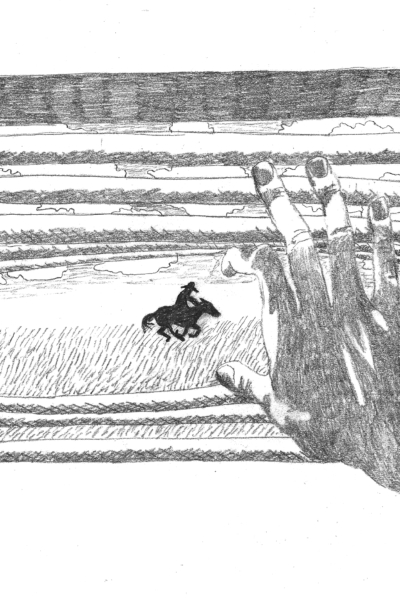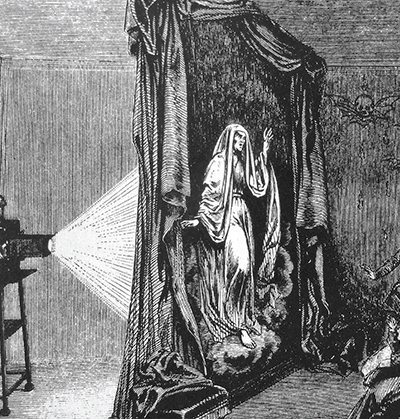Evil will stay evil. This is true in all the Coens’ work, and it may be why their movies always seem linked up with the Fates: because, unlike most of Hollywood movies, they are about life on earth.
In Louise Lawrence’s 1985 young-adult novel CHILDREN OF THE DUST, mutation becomes a queering strategy for post-capitalist, posthuman survival.
S., HOUSE OF LEAVES, and PALE FIRE treat metatext as mystery. But what’s the purpose of the authorial mystery story, not the whodunit but the whoisit?
Narcissus and Ego: Poets Try the Novel
Ben Lerner’s LEAVING THE ATOCHA STATION and Dan Beachy-Quick’s AN IMPENETRABLE SCREEN OF PUREST SKY are grand narcissistic projects. But if that sounds like a slight, you haven’t listened to these books.
I want to find him there, waiting for me, behind the text. This is my necromantic hermeneutic. It brings me again and again to a place that I cannot traverse, the pit of his death.
T.R. Fehrenbach’s spellbinding semi-fictionalizations of Texas history have an air of Manifest Destiny about them, Texas envisioned as a promised land for an exceptional people.
Awakening the Dead: Film and the Technologies of Wonder
Hugo traces a history of movie technology, but it also gestures towards something far more elusive and far-reaching: a modern history of the desire for pictures that come to life.
We Always Promise: The Making of Partia e Fortë
Kosovo’s satirical “Strong Party” makes visible the perversion of the nation’s political-ideological status quo.
Like Morrissey, Oscar Wilde views his world with a humorous disdain, raising an eyebrow and a cigarette at its vanities and minor injustices. But, also like Morrissey, he seems to be performing his discontent like a character actor.
When an ordered society depends on maintaining a hierarchy of images, the ability to wield this kind of ironic superposition has a concrete political power.



